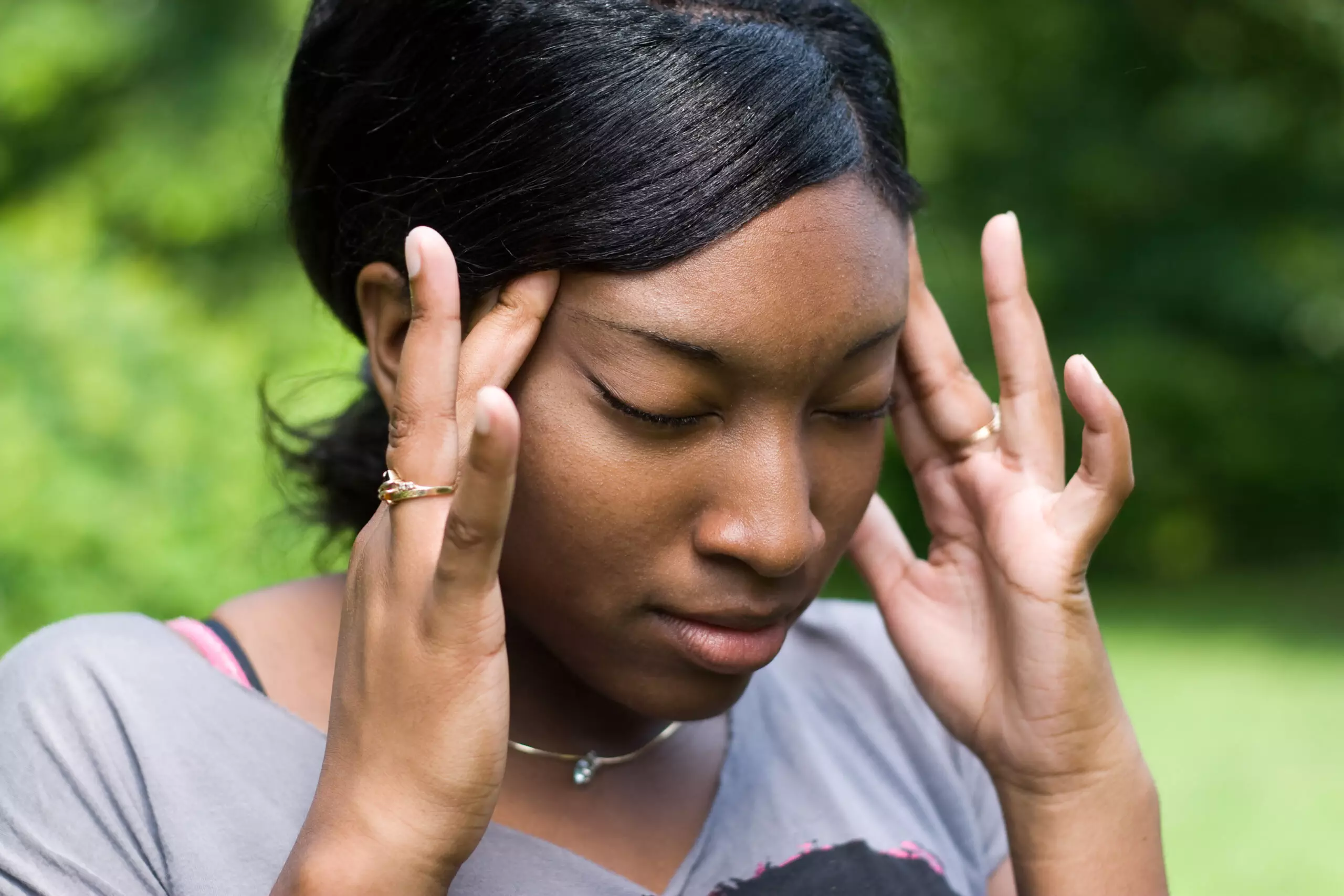Balanaced Health
Introduction to Overcoming Anxiety Through Balanced Living
Anxiety is a common mental health disorder that affects millions of people worldwide. It can cause feelings of worry, fear, and unease, which can have a significant impact on your daily life. However, there are ways to manage anxiety through balanced living. In this free 10-part course, you will learn how to overcome anxiety by creating a more balanced lifestyle.
What is anxiety and how it affects your health
Anxiety is characterized by excessive worry or fear about future events or situations. These feelings can be overwhelming and may interfere with daily activities such as work, socializing, or sleeping. Physically, anxiety can manifest in various symptoms including headaches, muscle tension, sweating, and rapid heartbeat. Learning how to manage anxiety through balanced living can help alleviate these symptoms and improve overall well-being.

The benefits of living a balanced lifestyle
Living a balanced lifestyle involves maintaining a healthy diet, regular exercise routine, adequate sleep patterns, stress management techniques, and positive self-care practices. By incorporating these habits into your daily routine, you can experience numerous physical and mental health benefits. For example, a balanced lifestyle can reduce the risk of chronic diseases like obesity, type 2 diabetes, and cardiovascular disease. Additionally, it can also boost mood, increase energy levels, and enhance cognitive function.
How to create a balanced routine for yourself
Creating a balanced routine requires identifying areas where you need improvement and setting achievable goals. Start by assessing your current lifestyle and identifying areas where you can make changes. This might include improving your diet, increasing physical activity, getting enough sleep, or practicing relaxation techniques. Once you’ve identified areas for improvement, set specific, measurable, attainable, relevant, and time-bound (SMART) goals to guide your progress.
Understanding the mind-body connection
The mind-body connection refers to the relationship between our thoughts, emotions, and physical health. When we experience stress or negative emotions, our bodies release hormones like cortisol and adrenaline, which can lead to physiological responses like increased heart rate and blood pressure. Understanding this connection is essential for managing anxiety through balanced living because it allows us to recognize the impact of our thoughts and emotions on our physical health.
Tips for managing stress and reducing anxiety
Managing stress and reducing anxiety require a multifaceted approach that includes both physical and mental strategies. Some tips for managing stress and reducing anxiety include:
Practice deep breathing exercises to calm racing thoughts and promote relaxation
Engage in regular physical activity to reduce stress hormones and boost endorphins
Get enough sleep to allow your body to rest and recharge
Prioritize self-care activities like meditation, yoga, or journaling to promote mental clarity and reduce stress
Nutrition and its role in mental health
Nutrition plays an integral role in mental health because what we eat directly affects our brain chemistry. Consuming a balanced diet rich in nutrients like omega-3 fatty acids, B vitamins, and magnesium can support optimal brain function and reduce symptoms of anxiety. On the other hand, consuming processed foods high in sugar and unhealthy fats can contribute to inflammation and negatively impact mental health.
Exercise and relaxation techniques for anxiety relief
Regular exercise has been shown to reduce symptoms of anxiety by promoting the production of endorphins, serotonin, and dopamine – neurotransmitters associated with happiness and well-being. Exercising regularly can also improve sleep quality, reduce stress hormones, and increase self-esteem. Relaxation techniques like deep breathing, meditation, and yoga can also help alleviate anxiety symptoms by calming racing thoughts and promoting relaxation.
Sleep hygiene tips for better sleep quality
Getting enough sleep is crucial for managing anxiety and promoting overall health. Establishing good sleep hygiene habits can help improve sleep quality and reduce insomnia symptoms. Some tips for improving sleep hygiene include:
Stick to a consistent bedtime and wake up schedule
Create a relaxing sleep environment that is cool, dark, and quiet
Limit caffeine and alcohol consumption before bedtime
Avoid using electronic devices before bedtime
Conclusion: Take action towards a more balanced life
In conclusion, overcoming anxiety through balanced living requires taking action towards a more balanced life. By implementing healthy habits like regular exercise, proper nutrition, stress management techniques, and positive self-care practices, you can reduce anxiety symptoms and improve overall well-being. Sign up today for our free 10-part course to start your journey towards a more balanced life.








